From October 1, the CIFER system of the General Administration of Customs of China (GACC) automatically locked the function of accepting extension of records for 118 enterprises that were due for re-registration under Order 248. This is the default operating mechanism, with no manual extension process.
The system was reopened on November 20 after the Department of Crop Production and Plant Protection sent two official dispatches on October 6 and October 24, requesting GACC to review the application. This left the above-mentioned group of businesses about 20 days to complete the procedures before December 16 - the deadline set by the Department in the context that the management agency had to review 13 technical requirements before transferring the application to China.

Deputy Director of the Department of Crop Production and Plant Protection Nguyen Quy Duong. Photo: Bao Thang.
75% of businesses do not complete their documents on time on CIFER
Of the 598 CIFER registration dossiers under the verification authority of the Department of Crop Production and Plant Protection, 118 enterprises are in the group that must re-register in the first phase, including rice, cashew nuts, dried fruits, frozen fruits and spices. This is a group of products that must be certified by the competent authority before being evaluated by GACC.
According to Deputy Director Nguyen Quy Duong, before the system automatically closed on October 1, GACC sent notices reminding each enterprise to submit documents via CIFER accounts and email. However, by the deadline of September 30, the Department only received documents from 29 units. The remaining 89 enterprises (about 75%) did not submit to the CIFER system, leading to the inability to renew on time.
According to Article 20 of Order 248, enterprises must proactively submit renewal applications 3 to 6 months before the old code expires. Mr. Duong affirmed that this regulation has been disseminated throughout 2021, mentioned in many meetings and the online conference held on August 5.
On September 22, the Department continued to issue a document reminding about the extension of registration of enterprises exporting food of plant origin to China according to Order 248, in which it fully informed the requirements, procedures and deadline for extending registration on the CIFER system.
“The management agency has provided complete information. Whether or not businesses follow up and submit on time is a factor the Department cannot control,” said Mr. Duong.
The cases of three enterprises Gentraco, Vinarice and Thanh Tin are exceptions. Although they submitted their applications within the 3-6 month period as prescribed by Order 248, the system did not accept them. The Department has responded to this issue in Official Dispatch No. 4387/TTTV-ATTPMT.
The reason determined by the Department is: Article 20 of Order 248 has not clearly stipulated the time period for the competent authority of the exporting country (here, the Department of Crop Production and Plant Protection) to receive and transfer the extension dossier, leading to technical problems arising during the implementation process.
The Department has worked with GACC, through the above two diplomatic notes, to request consideration of opening the CIFER system so that businesses can continue to complete their renewal applications. Up to now, the applications of businesses, including Gentraco, Vinarice and Thanh Tin, have been received and forwarded normally on CIFER. Businesses can track the progress directly through their accounts.
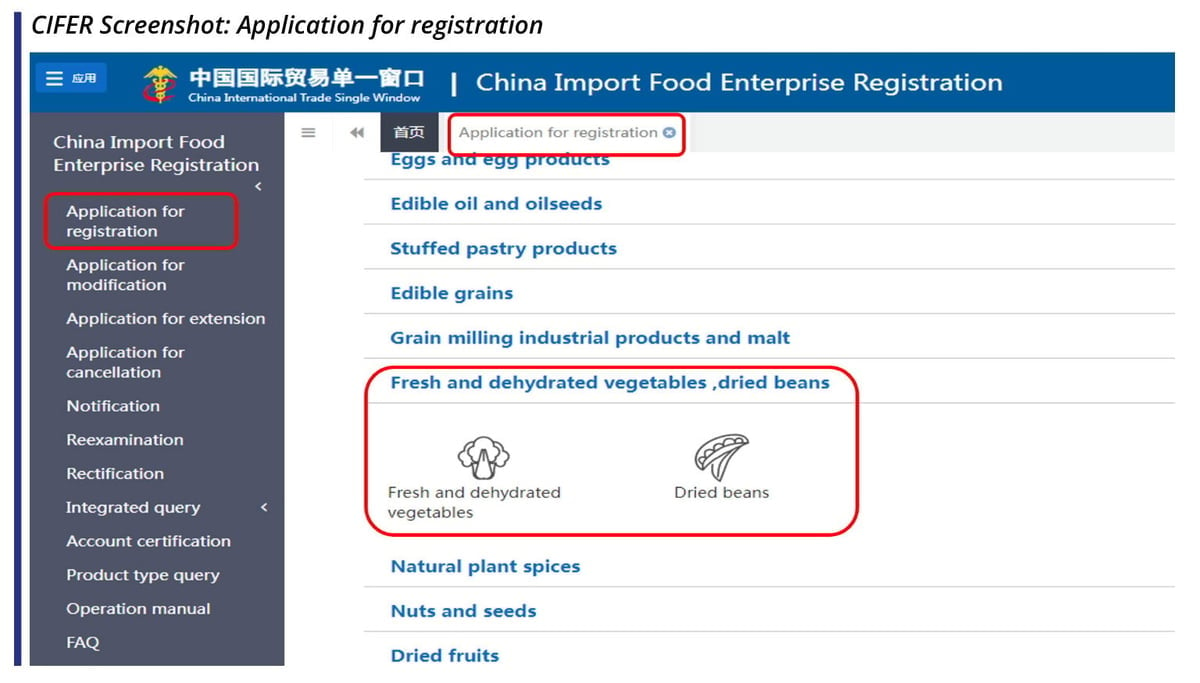
Registration procedures for enterprises exporting to China on the CIFER portal. Photo: GACC.
Avoid the risk of 'cutting corners'
Deputy Director Nguyen Quy Duong noted that the extension on CIFER China is only notified to businesses via the system account. The Department does not receive official notification.
Some businesses, for various reasons, may not have grasped this information, putting the progress at risk of being interrupted. Therefore, in the official dispatch sent to industry associations, the Department of Crop Production and Plant Protection requested businesses to submit re-registration documents before December 16 to have enough time for appraisal and sending to China before the automatic receiving system is locked on January 1, 2026.
According to Mr. Duong, the applications submitted too close to the deadline, such as those sent on September 28-29 in the previous batch, made it impossible for the Department to fully evaluate the 13 technical items before the system automatically closed on October 1. “The time between submission - assessment - transfer must be wide enough for the application to be able to go smoothly,” he said.
During this extension period until December 31, if the enterprise submits late and the dossier is incomplete, the Department will consider the possibility of transferring it to an automatic mechanism. At that time, all risks related to trade, including the possibility of export disruption, will be the responsibility of the enterprise.
The Department also noted that many business applications submitted to CIFER only contained a request form without attaching the required documents as required by GACC. This is also part of the reason why many applications do not have sufficient grounds for consideration. These missing contents cannot be completed at the last minute, especially when the deadline is less than 3 weeks away.
Regarding the procedure for renewing the code on the CIFER system, Mr. Duong emphasized that it is "much simpler than registering for the first time". However, slow implementation could lead to export disruptions right at the peak period before Tet, when the Chinese market consumes a lot of Vietnamese agricultural products.
The Department has activated a 24/7 support system via phone and email, and has asked associations to increase internal communication so that businesses in the industry are aware of deadlines and technical requirements. Over the past week, a number of businesses have submitted additional documents. However, the backlog is still quite large.
“The next 20 days are the decisive phase. The sooner businesses handle the situation, the more they can reduce the risk of technical congestion and disruption of trade,” Mr. Duong said.
Source: https://nongnghiepmoitruong.vn/20-ngay-cuoi-de-giu-ma-xuat-khau-nong-san-sang-trung-quoc-d786898.html


![[Photo] President Luong Cuong attends the 50th Anniversary of Laos National Day](/_next/image?url=https%3A%2F%2Fvphoto.vietnam.vn%2Fthumb%2F1200x675%2Fvietnam%2Fresource%2FIMAGE%2F2025%2F11%2F27%2F1764225638930_ndo_br_1-jpg.webp&w=3840&q=75)
![[Photo] Prime Minister Pham Minh Chinh chairs the 15th meeting of the Central Emulation and Reward Council](/_next/image?url=https%3A%2F%2Fvphoto.vietnam.vn%2Fthumb%2F1200x675%2Fvietnam%2Fresource%2FIMAGE%2F2025%2F11%2F27%2F1764245150205_dsc-1922-jpg.webp&w=3840&q=75)




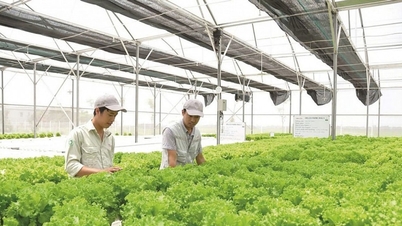

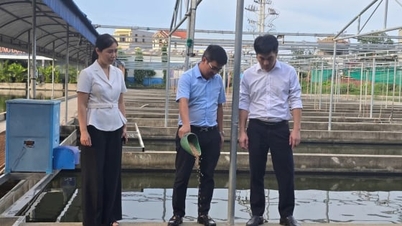

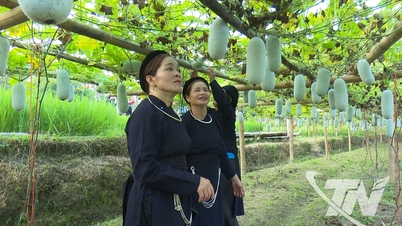




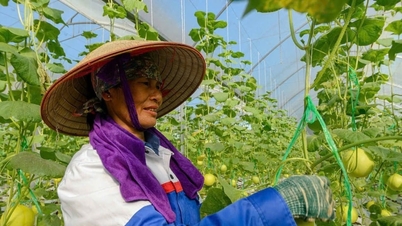














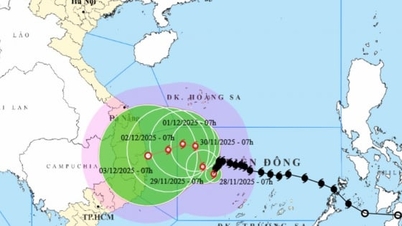
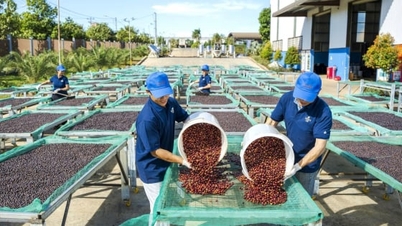
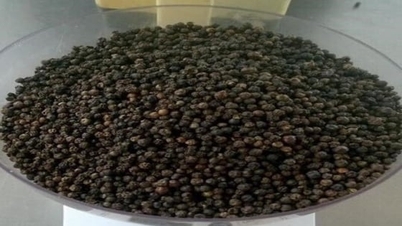









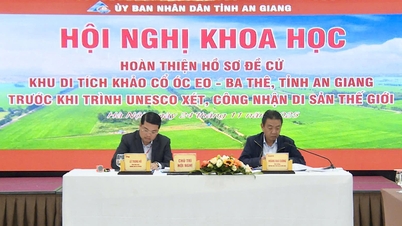


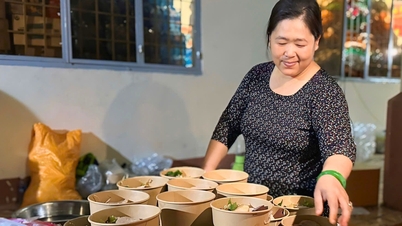





































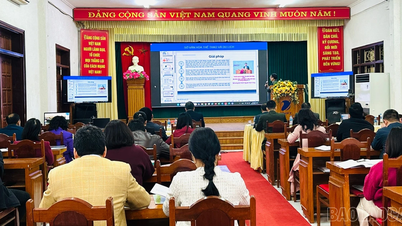

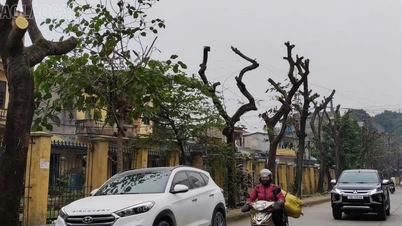




















Comment (0)